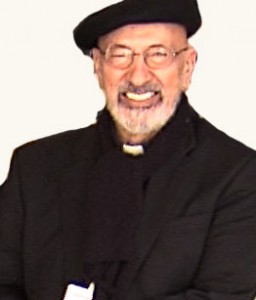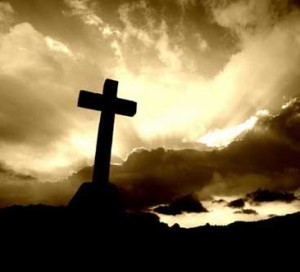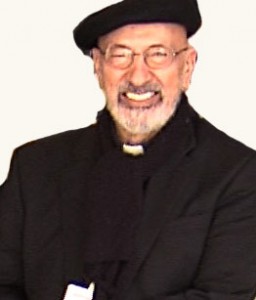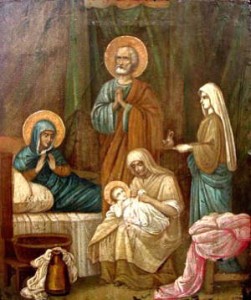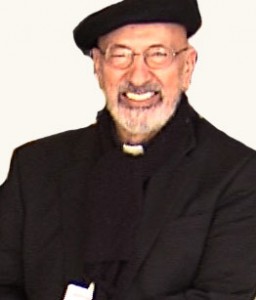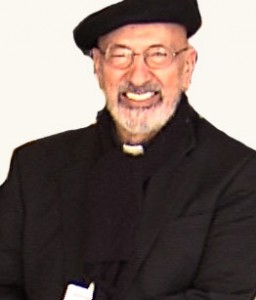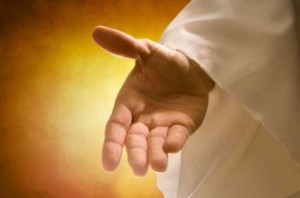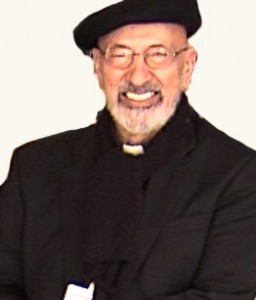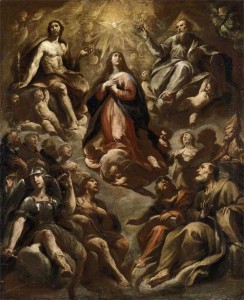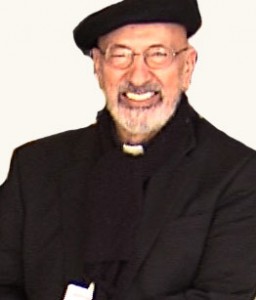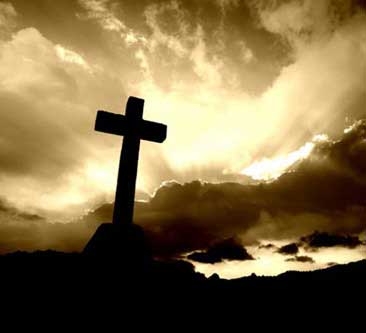Podcast: Play in new window | Download (Duration: 28:22 — 52.0MB) | Embed
Subscribe: Apple Podcasts | Spotify | Amazon Music | Android | Pandora | iHeartRadio | JioSaavn | Podchaser | Gaana | Podcast Index | Email | TuneIn | Deezer | Anghami | RSS | More
Msgr. Esseff remembers his encounters with St. Padre Pio. He also reflects on the Gospel for this particular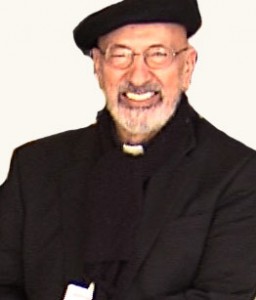 Sunday, which places its focus on the suffering, death and rising of Jesus. That this world is not our “forever” destiny. We were created for Eternal Life. Now will it forever in Heaven or will it forever separation from God in Hell. The central act of Jesus Christ was to suffer, die and rise. It takes the deepest wounds that we and redeems it. In today’s world, we will suffer in the Paschal Mystery in order to witness the glory of God to the world. He shares the compelling story of a boy named Eddie Walsh who is a tremendous witness of the Gospel Truth.
Sunday, which places its focus on the suffering, death and rising of Jesus. That this world is not our “forever” destiny. We were created for Eternal Life. Now will it forever in Heaven or will it forever separation from God in Hell. The central act of Jesus Christ was to suffer, die and rise. It takes the deepest wounds that we and redeems it. In today’s world, we will suffer in the Paschal Mystery in order to witness the glory of God to the world. He shares the compelling story of a boy named Eddie Walsh who is a tremendous witness of the Gospel Truth.
From the NAB Mk 9:30-37
Jesus and his disciples left from there and began a journey through Galilee,
but he did not wish anyone to know about it.
He was teaching his disciples and telling them,
“The Son of Man is to be handed over to men
and they will kill him,
and three days after his death the Son of Man will rise.”
But they did not understand the saying,
and they were afraid to question him.They came to Capernaum and, once inside the house,
he began to ask them,
“What were you arguing about on the way?”
But they remained silent.
They had been discussing among themselves on the way
who was the greatest.
Then he sat down, called the Twelve, and said to them,
“If anyone wishes to be first,
he shall be the last of all and the servant of all.”
Taking a child, he placed it in the their midst,
and putting his arms around it, he said to them,
“Whoever receives one child such as this in my name, receives me;
and whoever receives me,
receives not me but the One who sent me.”
Msgr. John A. Esseff is a Roman Catholic priest in the Diocese of Scranton. He was ordained on May 30th 1953, by the late Bishop William J. Hafey, D.D. at St. Peter’s Cathedral in Scranton, PA. Msgr. Esseff served a retreat director and confessor to Blessed Mother Teresa. He continues to offer direction and retreats for the sisters of the missionaries of charity around the world. Msgr. Esseff encountered St. Padre Pio, who would become a spiritual father to him. He has lived in areas around the world, serving in the Pontifical missions, a Catholic organization established by Bl. Pope John Paul II to bring the Good News to the world especially to the poor. Msgr. Esseff assisted the founders of the Institute for Priestly Formation and continues to serve as a spiritual director for the Institute. He continues to serve as a retreat leader and director to bishops, priests and sisters and seminarians and other religious leaders around the world.
To obtain a copy of Msgr. Esseff’s book byvisiting here
Be sure to visit Msgr. Esseff’s website “Building a Kingdom of Love”



